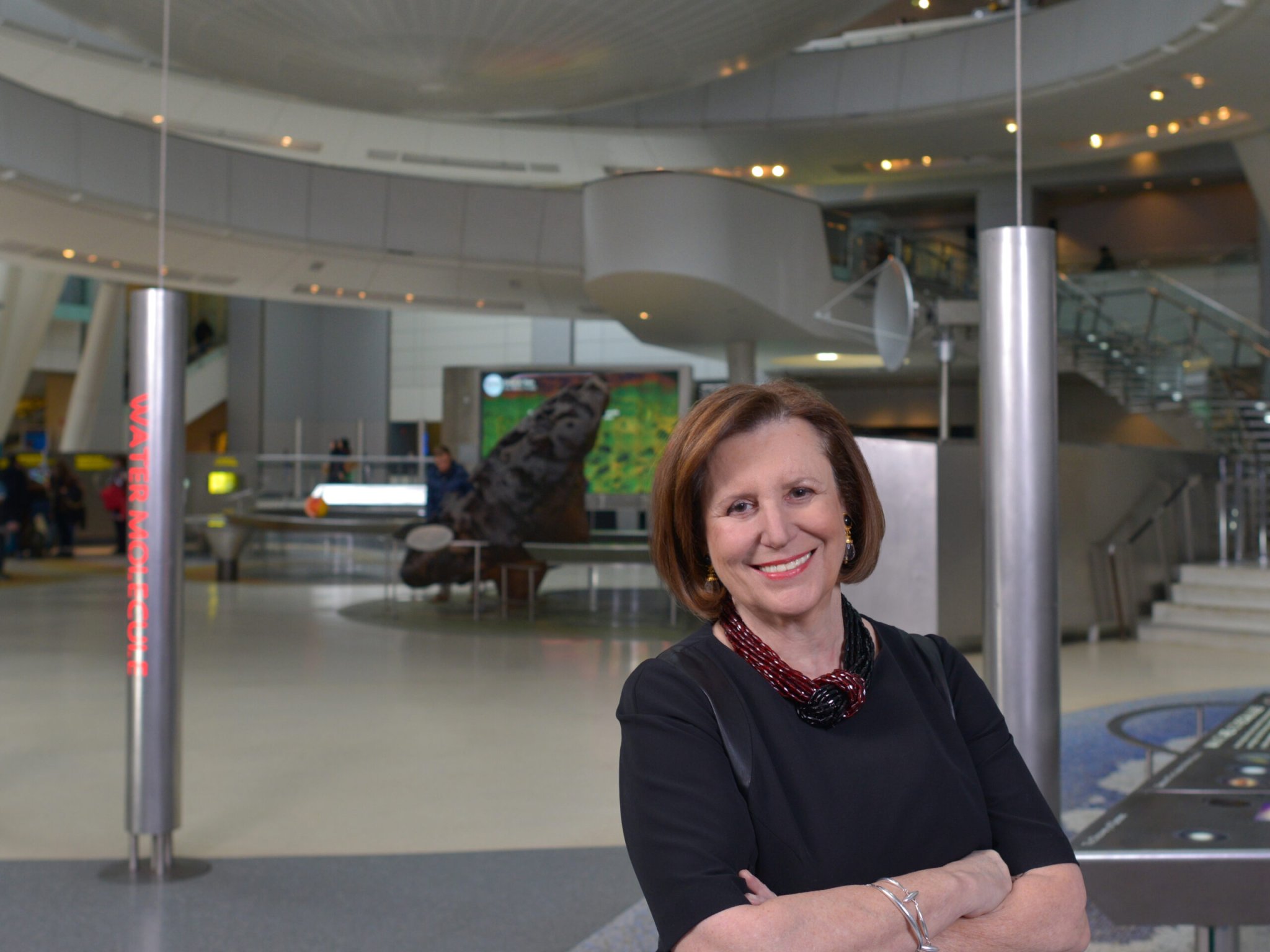

We have a genuine crisis in this country in the basic understanding of science. It affects our global competitiveness as a country, our national security, and I would argue equally it affects the effectiveness of our democracy. We know that an awful lot of teachers who are teaching science today have not been properly empowered to do so. Science is not just a body of facts; it’s a process. And to present it with appeal and excitement you need to portray it as a detective story—asking questions, making observations, and amassing evidence. You test and you fail because, you know, failing can lead to eureka.
One of the challenges we face is that science is often viewed as too hard, for experts only. But I don’t actually think it’s that difficult. People see science every day. They look outside and they see weather and nature. They push a button in their house and the lights go on. Everybody’s dealing with science every day. They just don’t call it that. And it’s important they do. More and more science determines the quality and the outcomes of life for humanity but also more broadly, for the environment and all the other species that share this world with us.
That’s where the AMNH can help. We have extraordinary assets: over 33 million specimens and artifacts, one of, if not the largest, natural history library in the Western hemisphere, over 200 research scientists, and a core of very sophisticated educators on staff. Then, of course, we have the museum—what it shows, what it demonstrates, and the way it draws people into science and understanding humanity’s place in a scientific world and environment.
We need to portray science as a detective story—asking questions, making observations, and amassing evidence.
One thing we try to do is engage people in science from very young ages. We have programs for kids from two up. We try to get them fluent, comfortable and naturally engaged with science. And then we try to keep them. For example, we know that middle school is sort of an inflection point. If we don’t engage students with science in middle school the fall off in pursuing science after that is high. To address that need, we created the Urban Advantage program. It is directed at eighth grade students and junior high school teachers here in New York. Working with teachers and their students as the eighth grade students here in New York go through what is called the Eighth Grade Exit Project, which is required for their promotion. Those projects are being conducted at our institutions, working with teachers that we’ve trained. In the 11 or 12 years we’ve been doing this, we’ve hit hundreds of thousands of students and many thousands of teachers.
In addition to Urban Advantage, we’re also training teachers. We probably work with about 5,000 teachers a year in professional development. In addition, this June we got authorization from New York State for a master’s degree in teacher education in science. We are also doing MOOCs at the request of Coursera. So we have three MOOCs that are directed at training teachers all over the world. And we now have about 100,000 people signed up for those.
Even with all our expertise, we still find there’s no simple answer to the question, “What’s a good teacher to the right student?” Assuming as a predicate a deep content knowledge and a deep knowledge of the process, for example, of science or writing or whatever, what I think you’re really talking about is the passion component. People who are passionate about their subject, understand it deeply, and can share it are the most successful at igniting that same kind of excitement and interest in students. Everybody’s curious. Everybody wants to discover something that helps them understand where we fit in the universe and how life works. If you can convey that, you’re going to succeed as a teacher.
